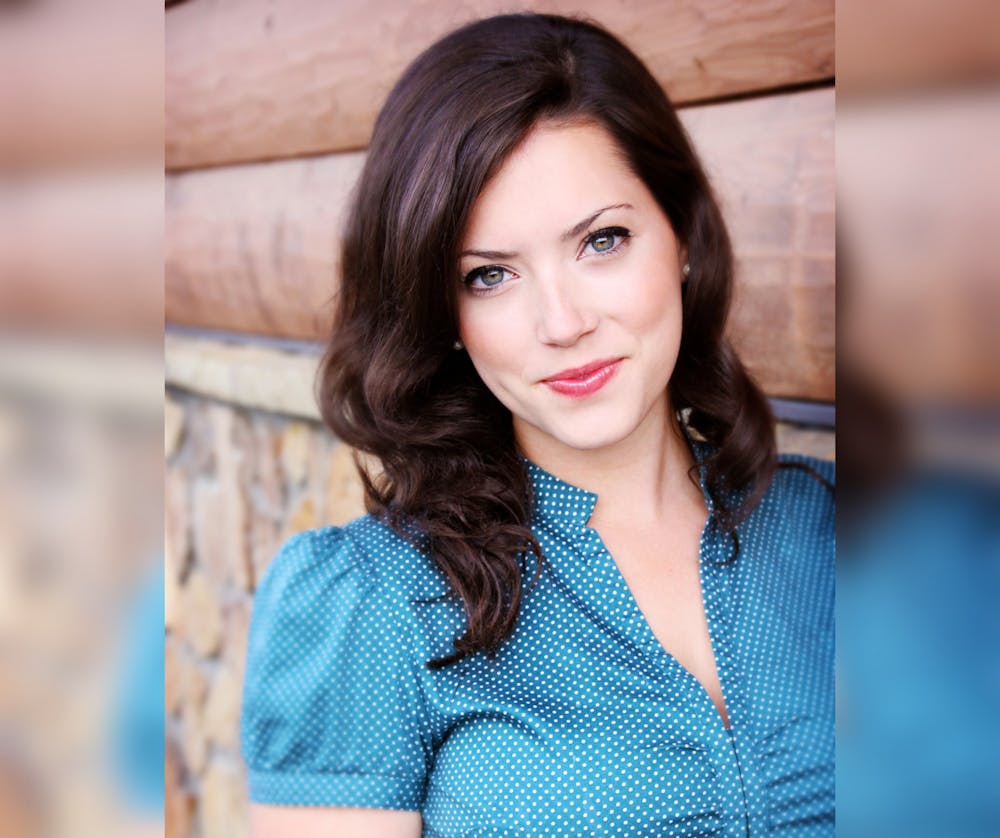“The Threepenny Opera,” premiering Oct. 28 at the Ruth N. Halls Theatre, critiques the rise of capitalism against the backdrop of Victorian-era London.
The musical drama uses dark satire to show how capitalism lacks humanity, director Jamie Anderson said.
“I think it’ll be both very fun and funny and entertaining, but also startling,” Anderson said. “It might bring up some things for folks. I’m fully preparing myself for that, as is our full team.”
Telling the story of a criminal antihero within a dark London underworld, the show will run through Oct. 30 with single tickets priced at $10 for students and $20 for non-students. DJ Gray and Terry LaBolt are responsible for choreography and musical direction respectively.
The second show of IU’s theater department season will explore themes of contradiction in capitalist society, Anderson said.
The contrast is shown through beautiful melodies with brutal lyrics, Anderson said. The piece follows an operatic form at times but returns to a musical theater form at others.
“Know that you are both going to see an opera and not going to see an opera whatsoever,” Anderson said. “It’s both a highbrow and a lowbrow event.”
Anderson said many in the cast and crew approach the show through an activist lens, and that discussing the social messaging together has been “oddly healing.”
“This has really given us a foundation to talk about the last year and a half and beyond,” Anderson said.
Playwright Bertolt Brecht hoped to inspire social action pushing for wealth equality when he wrote the piece, Anderson said.
She said he believed the popular theater concept of catharsis — the emotional release the audience experiences when they relate to a tragedy — was a passive experience.
Anderson said in order to inspire action, he set the play outside of the audience’s time period so they could interpret the events on stage logically instead of simply emoting.
“This was his response to that (catharsis), finding a way to set them into motion,” Anderson said.




